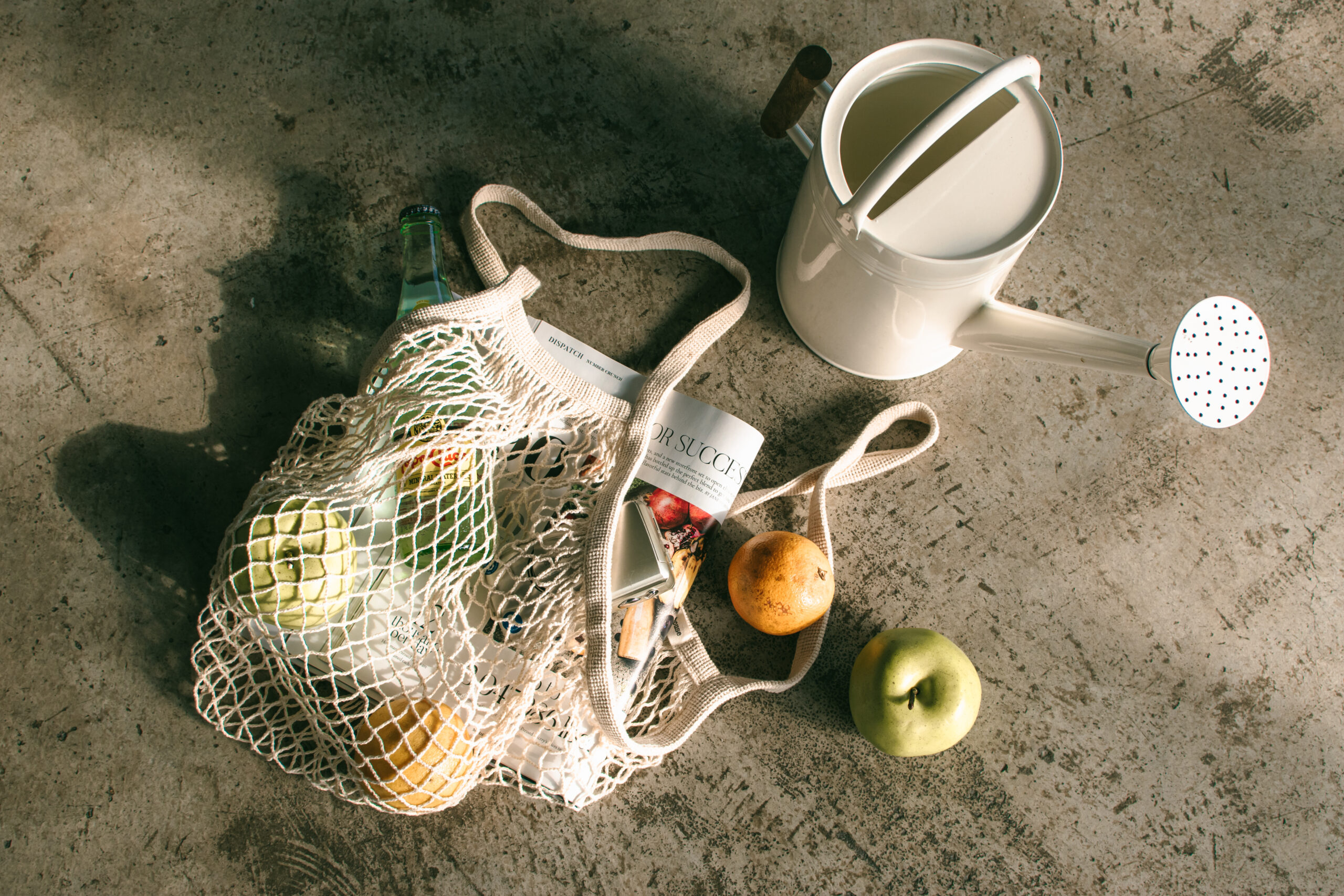If thinking about food feels like a second career — one you didn’t exactly apply for — you’re not broken. You’re living in a culture that trains women to micromanage, moralize, and obsess over food from the time we’re old enough to overhear conversations about carbs and calories.
It starts small: tracking a few meals, following a new “lifestyle change,” googling the best way to eat clean.
But over time, what was supposed to make you healthier starts stealing your time, your mental energy, and your trust in yourself.
Suddenly, food isn’t just what fuels your life — it’s running your life.
If you feel exhausted trying to constantly “get it right,” you’re not failing.
The system was built to keep you stuck.
But you can step out of it.
You can rebuild a relationship with food that feels like freedom instead of a second job — and it doesn’t require abandoning your health, your ambition, or your standards.
It just requires changing how you think about the role food is meant to play in your life.
Why Food Takes Over Your Brain (And Why It’s Not Your Fault)
Food obsession is rarely about “lack of willpower” or “being too emotional.”
At its core, chronic food preoccupation is a survival response — often triggered by a combination of physical restriction, psychological restriction, and body mistrust
When your body or brain believes that food is scarce — whether because you’re physically under-eating or mentally labeling foods as off-limits — it ramps up thoughts about food as a biological protective mechanism.
This isn’t a character flaw. It’s basic evolutionary design.
Research on dietary restraint shows that when people chronically restrict, they actually experience more frequent, intrusive thoughts about food (Polivy & Herman, 1985).
It’s your brain trying to save you, not sabotage you.
Diet culture makes this worse by layering moral language onto food choices: clean vs. dirty, good vs. bad, worthy vs. indulgent. Now it’s not just about survival — it’s about identity. And the stakes feel impossibly high.
The First Step: Reclaiming Your Energy from Food Obsession
If you want food to take up less space in your brain, you have to start by shifting the framework entirely.
Instead of thinking of food as something to control, you start seeing it as something to partner with.
This means:
- Ditching restriction, not just physically, but mentally.
Even if you’re eating enough calories, if you’re telling yourself certain foods are “bad” or “off-limits,” you’re keeping your brain in a state of vigilance around eating. - Normalizing all foods without exceptions.
When foods lose their forbidden status, they also lose their obsessive pull. This doesn’t mean all foods feel the same in your body — it means no food holds more emotional power than another. - Feeding yourself regularly and adequately.
Hunger is not a moral failing. It’s a biological cue.
Consistent, satisfying meals stabilize blood sugar, reduce cravings, and dramatically decrease food-focused mental noise. - Allowing yourself to feel satisfied.
Eating “just enough to not be starving” but never enough to feel satisfied keeps you physiologically and psychologically primed for obsession. Satisfaction is a biological stop signal; without it, the brain keeps hunting.
What Happens When Food Isn’t Your Job Anymore
When you stop treating food like a moral test you have to pass 18 times a day, an incredible thing happens:
You start using that brain space for things that actually matter.
You think bigger.
You move through your day with more steadiness.
You pursue goals that have nothing to do with your body size.
You stop treating every meal like a high-stakes event and start treating it like a simple, supportive part of living.
You also realize that taking care of your body doesn’t have to feel like a part-time job — it can feel like a natural, responsive relationship.
Some days you’ll crave hearty, grounding meals.
Some days you’ll want something lighter.
Some days you’ll be hungrier because of stress, workouts, hormones, or life.
None of it needs to be judged.
None of it defines your worth.
This is what real nourishment feels like: flexible, functional, freeing.
The Verdure House Approach
At Verdure House, we’re not here to swap your calorie tracker for another rigid system. We’re here to help you rebuild the trust you were taught to override. We teach women how to fuel their bodies based on science and self-respect, not shame or scarcity. We equip you with the tools to eat enough, enjoy food, and move through your life with energy and clarity — without food running the show.
If you’re ready to stop thinking about food all day and start living your actual life again, you’re exactly who we built this for.
Check out our services and let’s map out a path to freedom — starting with your next meal.





Read the Comments +